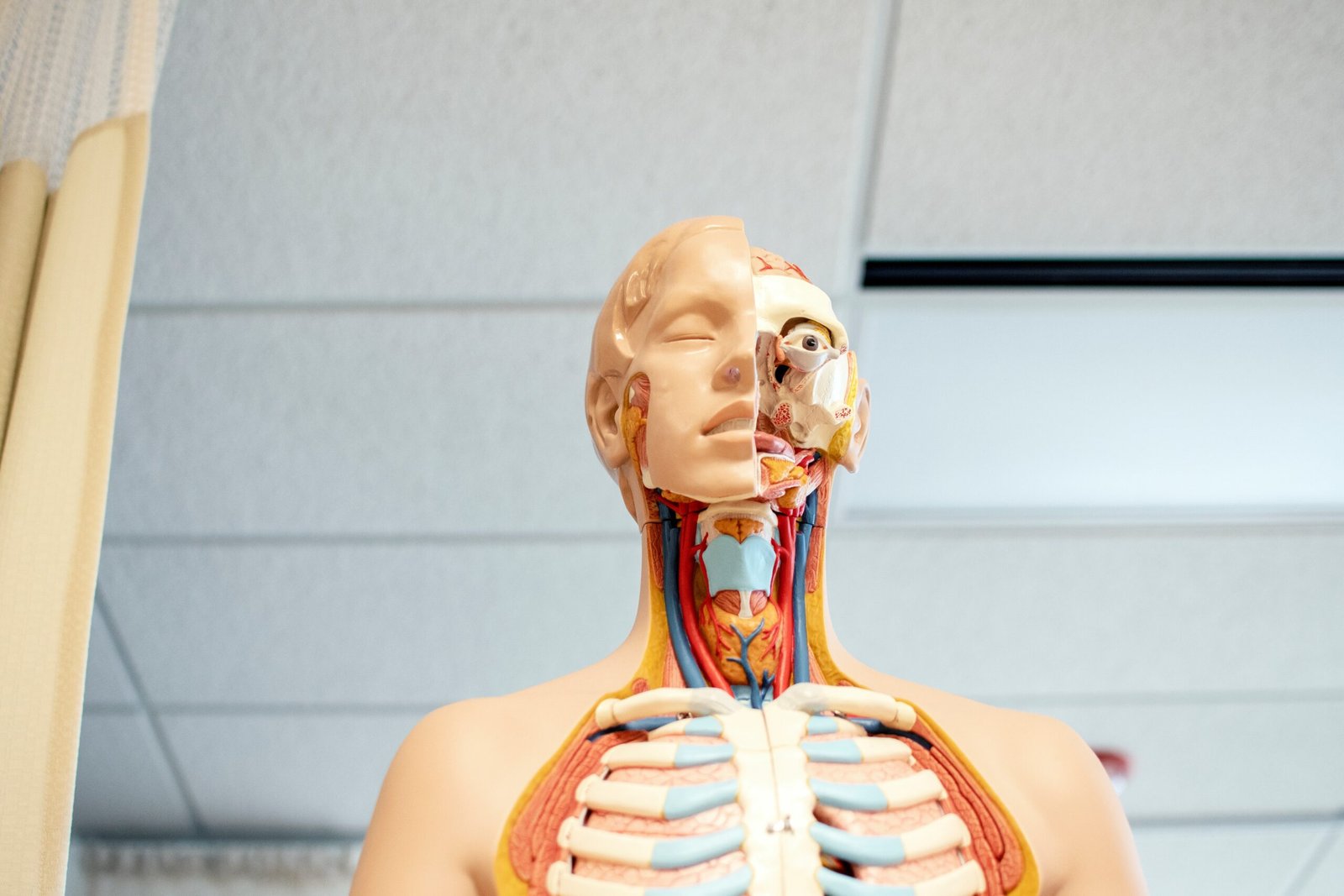Table of Contents
- Introduction
- Cell Structure and Organization
- Cell Membranes and Transport
- DNA and Genetics
- Enzymes and Metabolism
- Plant Nutrition and Photosynthesis
- Animal Nutrition
- Respiration
- Coordination and Response
- Transportation in Plants
- Transportation in Animals
- Reproduction in Plants
- Reproduction in Humans
- Ecology and Ecosystems
- Biotechnology
- Human Health and Disease
- Evolution and Natural Selection
- Inheritance and Variation
- Environmental Impact of Human Activity
- Conclusion
Introduction
Welcome to this comprehensive guide to IGCSE Biology. In this article, we will explore various topics related to the study of biology at the IGCSE level. Biology is the science that focuses on the study of living organisms, their structure, function, growth, and evolution.
Cell Structure and Organization
In this section, we will delve into the fascinating world of cells. We will learn about the different types of cells, their structures, and how they are organized to form tissues, organs, and systems within living organisms.
Cell Membranes and Transport
Cell membranes play a crucial role in maintaining the integrity and functionality of cells. Here, we will explore the structure of cell membranes and how they regulate the movement of substances in and out of cells through various transport mechanisms.
DNA and Genetics
DNA is the blueprint of life. In this section, we will unravel the mysteries of DNA and delve into the fascinating field of genetics. We will learn about inheritance, genetic variation, and how genes determine the traits of living organisms.
Enzymes and Metabolism
Enzymes are the catalysts that drive the chemical reactions within living organisms. Here, we will explore the structure and function of enzymes, as well as the various metabolic processes that occur within cells.
Plant Nutrition and Photosynthesis
Plants have unique nutritional requirements and are capable of harnessing energy from sunlight through the process of photosynthesis. In this section, we will learn about plant nutrition and the fascinating process of photosynthesis.
Animal Nutrition
Animals have different nutritional needs compared to plants. Here, we will explore the various ways in which animals obtain and process nutrients to meet their energy requirements for growth, maintenance, and reproduction.
Respiration
Respiration is the process by which living organisms convert energy stored in food into a form that can be utilized by cells. In this section, we will delve into the mechanics of respiration and explore the different types of respiration in both plants and animals.
Coordination and Response
Living organisms have intricate systems in place to coordinate and respond to stimuli from their environment. Here, we will study the nervous and endocrine systems, as well as how organisms detect and respond to changes in their surroundings.
Transportation in Plants
Plants have specialized tissues that enable the transport of water, minerals, and nutrients throughout their structures. In this section, we will explore the vascular system of plants and how it facilitates the movement of substances.
Transportation in Animals
Animals also have specialized systems for the transportation of substances within their bodies. Here, we will study the circulatory system and how it enables the transport of oxygen, nutrients, and waste products in animals.
Reproduction in Plants
Plants have unique methods of reproduction, including both sexual and asexual processes. In this section, we will explore the different mechanisms by which plants reproduce and ensure the continuation of their species.
Reproduction in Humans
Humans have complex reproductive systems that enable the continuation of our species. Here, we will delve into the intricacies of human reproduction, including the reproductive organs, the menstrual cycle, fertilization, and pregnancy.
Ecology and Ecosystems
Ecology is the study of the relationships between organisms and their environment. In this section, we will explore ecological concepts, such as food chains, energy flow, population dynamics, and the impact of human activity on ecosystems.
Biotechnology
Biotechnology is a rapidly advancing field that utilizes biological processes and organisms to develop innovative products and solutions. Here, we will explore the applications of biotechnology in various industries and its potential impact on society.
Human Health and Disease
Health and disease are intricately linked to the functioning of the human body. In this section, we will study the various factors that influence human health, common diseases, and strategies for disease prevention and treatment.
Evolution and Natural Selection
Evolution is the process by which living organisms have changed and diversified over time. Here, we will explore the principles of evolution, including natural selection, adaptation, and the evidence supporting the theory of evolution.
Inheritance and Variation
Inheritance is the passing of traits from parents to offspring. In this section, we will delve into the mechanisms of inheritance, including Mendelian genetics, genetic disorders, and the role of DNA in determining traits.
Environmental Impact of Human Activity
Human activities have a significant impact on the environment. Here, we will examine the ways in which human actions, such as pollution and deforestation, affect ecosystems and explore potential solutions for mitigating these impacts.
Conclusion
In conclusion, this comprehensive guide has provided an overview of various topics in IGCSE Biology. From cell structure to genetics, from photosynthesis to human health, these concepts form the foundation of biological knowledge. By understanding these principles, students can develop a deeper appreciation for the intricacies of life and the natural world around us.
Frequently Asked Questions
- Q: What is the importance of studying biology?
A: Studying biology helps us understand the fundamental processes of life and how living organisms interact with their environment. - Q: How can I prepare for my IGCSE Biology exam?
A: It is essential to review the key concepts, practice past papers, and seek clarification from your teacher or tutor. - Q: Are there any career opportunities in the field of biology?
A: Yes, studying biology can lead to various career paths, such as medicine, research, environmental science, and biotechnology. - Q: What is the difference between mitosis and meiosis?
A: Mitosis is the process of cell division that results in two identical daughter cells, while meiosis is the process that produces gametes (sex cells) with half the number of chromosomes. - Q: How does photosynthesis work?
A: Photosynthesis is a process by which plants convert sunlight, carbon dioxide, and water into glucose (energy) and oxygen using chlorophyll in their leaves. - Q: What are the main components of the circulatory system?
A: The main components of the circulatory system are the heart, blood vessels (arteries, veins, and capillaries), and blood. - Q: How does natural selection drive evolution?
A: Natural selection favors individuals with advantageous traits, allowing them to survive and reproduce, leading to the gradual accumulation of favorable traits in a population over time. - Q: What is the role of enzymes in biological reactions?
A: Enzymes act as catalysts, speeding up chemical reactions in living organisms by lowering the activation energy required for the reaction to occur. - Q: How do organisms respond to changes in their environment?
A: Organisms respond to changes in their environment through various mechanisms, such as movement, hormonal responses, and physiological changes. - Q: What are the potential benefits and risks of biotechnology?
A: Biotechnology has the potential to revolutionize medicine, agriculture, and industry. However, it also raises ethical concerns and the need for careful regulation.

